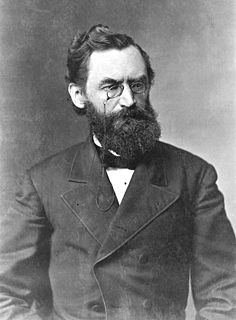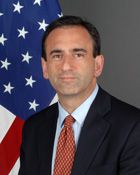A Quote by Angela Merkel
From a German point of view, German-American and European-American relations are a pillar of our foreign policy.
Related Quotes
I spoke with Gerhard Schröder about a lot of things, including foreign policy. Schröder knows how important European policy is to me personally. I have worked together with Angela Merkel on European policy for many years, so I was surprised when Volker Kauder who has little experience in European policy, claimed that I had not represented German interests in Europe. That's an example of how the conservatives conduct an election campaign.
My grandmother was German. She didn't teach any of her children German. She really wanted them to be American. And now, she's since passed away, I get so frustrated sometimes. I'm like, "Oh, Oma, why didn't you teach your kids German?" My dad would have spoken German to me from birth, and I would have spoken German.
I have always been in favor of a healthy Americanization, but that does not mean a complete disavowal of our German heritage. It means that our character should take on the best of that which is American, and combine it with the best of that which is German. By doing this, we can best serve the American people and their civilization.
There are those who would draw a sharp line between power politics and a principled foreign policy based on values. This polarized view - you are either a realist or devoted to norms and values - may be just fine in academic debate, but it is a disaster for American foreign policy. American values are universal.
When we strengthen our relations with the Gulf states, when we cooperate with the Arabs, everybody asks if we are looking for a new geopolitical place. But in the Middle East and the Gulf, you can find German, French and British goods everywhere. German relations to these states are very good, as are English and French relations. Does this make them Arab-oriented?









































